PhD in Biotechnology
Sharpen your professional and pedagogical skills in Biotechnolgy
Areas of research
- Medical Biotechnology
- Bioinformatics
- Genomics & Proteomics
- Bioprocess Technology
- Plant & Microbial Biotechnology
- Environmental Biotechnology
- Novel Drug Delivery Systems
- Nano-biotechnology
- Infectious diseases
- Host-Immune Response
State-of-the-art Biotech laboratories
Doctoral students at NU have access to many state-of-the-art laboratories for conducting advanced research in biochemical, microbiological and molecular techniques such as electrophoresis studies, immuno-technology studies, protein expression and purification, DNA/RNA isolation, PCR, genomics applications, cell culture technology, molecular cloning methodologies and bioinformatics software applications while adhering to appropriate biosafety measures.
NU has separate research laboratories dedicated to nanotechnology, plant tissue culture, animal tissue culture, functional genomics, transcriptomics, bioremediation, microbial biotechnology, novel drug delivery system and others. NU’s labs are well-equipped with instruments like HPLC, AAS-graphite furnace, GC (FID & ECD), ELISA reader, FPLC, Anaerobic Growth chamber, CO2 Incubator, Inverted Microscope, Real-Time PCR, DGGE and Fermenters.
Research themes
Environmental Biotechnology
Bioenergy
Nano-Biosciences
Medical Biotechnology
Research is lacking on the simultaneous and stable expressions of antigens for mucosal immunisation against infectious agents. The aim of this project was to identify a novel bidirectional promoter region in the plasmid of the natural isolates of lactic acid bacteria for the construction of an expression vector. The expression vector will be utilised for the stable and simultaneous expression of genes against infective agents in the lactic acid bacteria for the development of a vaccine delivery system.
We also aim to enhance the research domain comprising human microbiome. Humans harbour more than 100 trillion microorganisms in the gut, mouth, skin and other organs. These microbial communities could be beneficial as well as life-threatening. Most of these microbial populations are non-cultivable. This property needs to be explored to understand the role played by human microbial communities in antibiotic resistance.
Bioinformatics & Computational Biology
Biotechnology is a thriving industry with funding support offered by several government agencies. At NU, the Doctoral Programme in Biotechnology consists of regular training and development programmes. Additionally, the department exposes its students to conferences and workshops that keep them up to date with the latest developments in the field while also encouraging research scholars to apply for the many funding and scholarship opportunities available worldwide.


